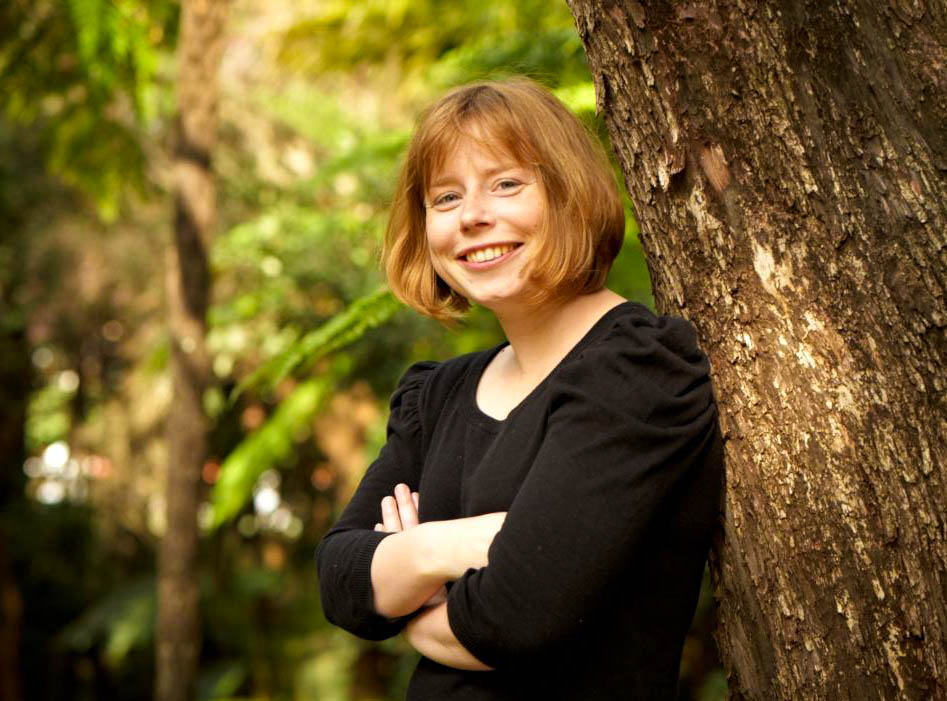Lise Marie Andersen: Free Will, Causation and Neuroscience
In this talk I offer an analysis of the argument behind the claim that free will is an illusion. I argue that the notion of causation plays an important role, and that adopting an interventionist conception of causation shows how there can be room for mental causation and free will.
Info about event
Time
Location
IMC meeting room (312), Aarhus University, Nobelparken, building 1483-3rd floor, 8000 Aarhus C
Organizer

We generally assume that we have free will - that our actions are caused by our thoughts, decisions and intentions. However, there is a view gaining momentum among neuroscientists - that free will is an illusion. Recent neuroscientific work on decision making shows that it is possible to read off intentions from the brain of a subject even before the subject is conscious of such an intention (e.g. Haynes et al. 2007; Tusche et al. 2010; Bode et al. 2011). They interpret their research as suggesting the presence of a causal chain of events outside the subject’s conscious awareness, even before the conscious choice of action is made. You didn't really freely choose to have that extra piece of cake -- your brain made you do it.
In this talk I offer an analysis of the argument behind the claim that free will is an illusion. I argue that the notion of causation plays an important role, and that adopting an interventionist conception of causation shows how there can be room for mental causation and free will. In addition, I provide a critical analysis of the recent neuroscientific evidence from the Haynes lab (Bode et al. 2011) and offer some thoughts of the role of neuroscience to the question of free will.
